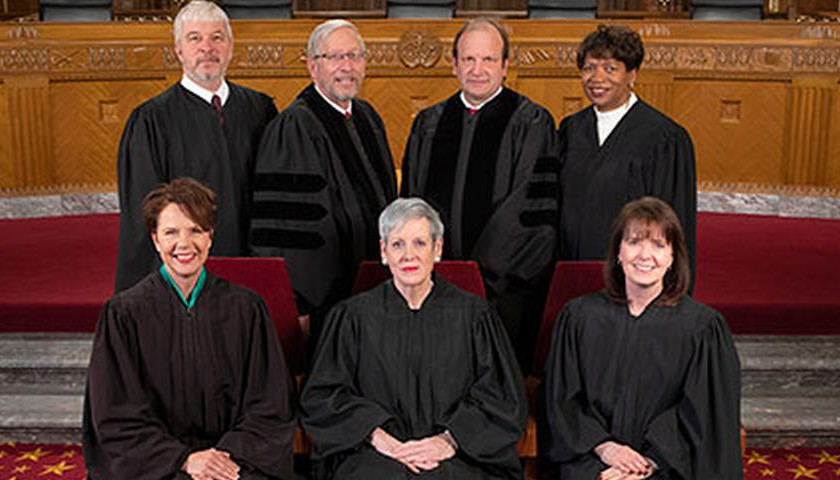The Senate Education Committee has been considering House Bill 154 (HB 154) for several months. The bill would eliminate all current academic distress commissions and repeal the law, prohibiting the formation of new ones. The purpose of academic distress commissions is to take over chronically failing school districts. The commissions were created by House Bill 70 (HB 70), the constitutionality of which is currently under consideration by the Ohio Supreme Court.
Youngstown City Schools filed the lawsuit against HB 70 which went into effect four years ago. They are currently in academic distress. The law requires, “…specific, graduated consequences for prolonged poor performance, including possible replacement of a school’s principal or a majority of the school’s teaching staff, reorganization of a district-operated school as a community or STEM school, or permanent closure of a school.”
School districts in academic distress are required to “…appoint a chief executive officer (CEO), who has complete operational, managerial, and instructional control of the district.” The consequences grow with each subsequent year of failure.
The argument to the court by Youngstown is twofold. One claim is that the academic distress commission language that was added to HB 70 did not comply with the Ohio Constitution’s requirement that a bill have public hearings on three different days. Article II.15(C) states,
(C) Every bill shall be considered by each house on three different days, unless two-thirds of the members elected to the house in which it is pending suspend this requirement, and every individual consideration of a bill or action suspending the requirement shall be recorded in the journal of the respective house. No bill may be passed until the bill has been reproduced and distributed to members of the house in which it is pending and every amendment been made available upon a member’s request.”
House Bill 70, as it was originally designed and in which form it passed the House, allowed charter schools and districts to create “community learning centers.” The academic distress commission language was added in the Senate. According to the Legislature’s website, the Senate Education Committee passed the bill on the same day it went before the full Senate for a vote. HB 70 had hearings over a period of months, but the academic distress commission language was adopted and voted upon in the Senate Committee, by the full Senate, and the House concurred with the change all on the same day.
In its court brief, per Gongwer, the State made its claim, “Here, the Underperforming Schools Bill retained the very same ‘common purpose’ from its first introduction to its ultimate passage: improving education in underperforming districts.” This is the State’s justification for passing the bill, as amended, within a day’s time.
The second Constitutional violation alleged by the northeastern Ohio school district, “…include[s] the
appointment of an un-elected chief executive officer vested with complete operational, managerial, and instructional control of a school district, usurps the powers of elected boards of education in violation of Ohio
Constitution Article VI, Section 3.”
Meanwhile, the Senate is considering shutting down the academic distress program via HB 154 or changing it substantially. The Governor and newly appointed Vice Chair of Senate Education Committee, Andrew Brenner (R-Powell), both have concerns about eliminating the commissions altogether.
“Do we need to do something? Absolutely,” Brenner told The Ohio Star several weeks ago. “But the bottom line is we need to put the kids, not the adults, first. I support local control, but if the board and the school are more concerned about payroll and union dues than giving kids a real education, the state needs to intervene for those children and give them real options.”
In addition to Youngstown City, Lorain City and Cleveland City Schools are all currently overseen by Academic Distress Commissions. If nothing changes, Dayton City will join them next school year.
– – –
Beth Lear is a reporter at The Ohio Star. Follow Beth on Twitter. Email tips to [email protected].
Photo “Ohio Supreme Court” by Ohio Supreme Court.






